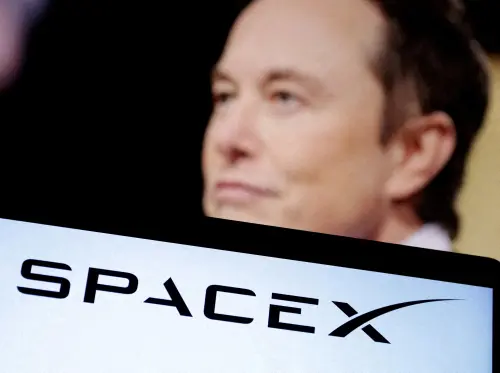On Friday, February 28, the Federal Aviation Administration announced that SpaceX's Starship vehicle has been cleared to resume flight operations while an investigation into the January 16 Starship Flight 7 incident remains ongoing.
The FAA granted a license for the upcoming SpaceX Starship Flight 8 launch in Boca Chica, Texas, following a safety review conducted by the company and overseen by the agency. This mission will involve the launch of the combined Starship/Super Heavy vehicle, with plans to attempt catching the Super Heavy booster rocket at the launch tower upon return, and perform a water landing of the Starship vehicle in the Indian Ocean west of Australia.
SpaceX is gearing up for the launch, scheduled as early as Monday, and has implemented "several hardware and operational changes to enhance the upper stage's reliability."
The FAA confirmed that SpaceX has complied with all safety, environmental, and licensing requirements for the new suborbital test flight.
SpaceX's Starship 7 rocket, involved in the recent incident, dispersed debris over the northern Caribbean, leading to the diversion of numerous airline flights.
The upcoming flight will follow a similar trajectory to previous missions but will aim to achieve specific objectives not previously reached. SpaceX has upgraded the forward flaps of the Starship to minimize reentry heating exposure while simplifying the mechanisms and protective tiling.
In a separate event, SpaceX faced action in September 2023 for failing to adhere to license requirements ahead of two launches.
Elon Musk, SpaceX's founder and CEO, who is spearheading efforts to reform the U.S. government, previously urged FAA Administrator Mike Whitaker's resignation as President Trump assumed office last year.
